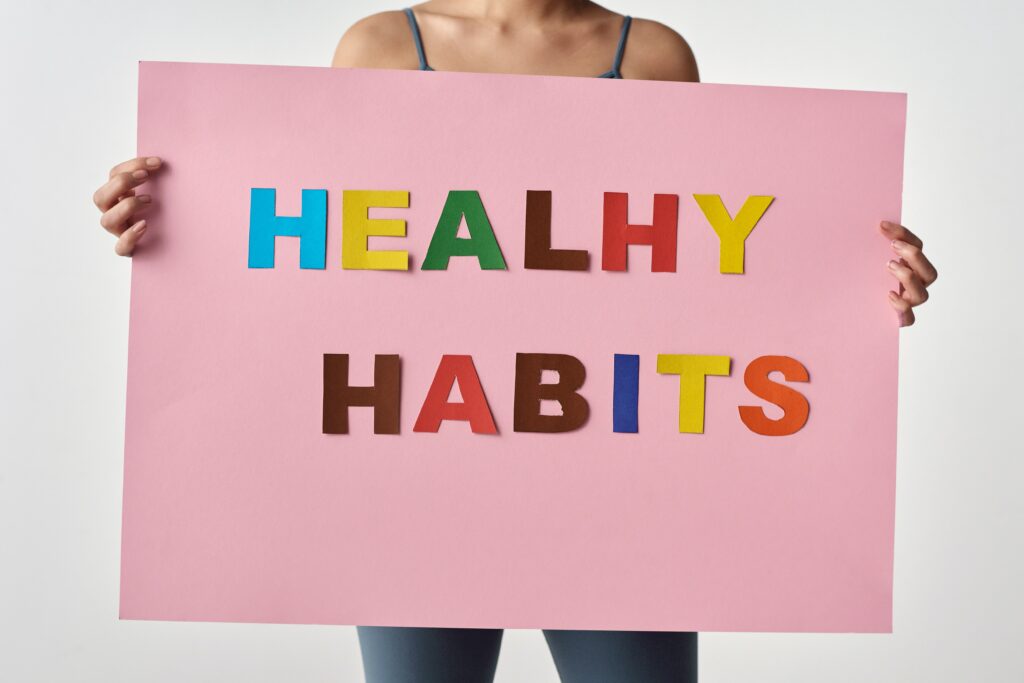How long does it take to form a new habit? This is a question that many people are curious about. The answer, however, is not as straightforward as you might think. It depends on a variety of factors, including the person’s age, personality type, and motivation level.
In this blog post, we will explore how long it takes to build a new habit and offer some tips for making the process easier.
What is a Habit?
A habit is defined as a learned behavior that is repeated so often it becomes automatic. This can be something as simple as brushing your teeth every morning or taking a brisk walk after dinner. Habits are powerful because they allow us to perform tasks without having to think about them. This frees up our mental energy for other things.
So, How Long Does It Take to Build a New Habit?
The answer, again, depends on the person. Some people may be able to form a new habit in as little as 21 days, while others may take months or even years. There is no magic number, but research has shown that it takes most people an average of 66 days to form a new habit.
Tips for Building New Habits

If you’re hoping to form a new habit, here are six tips to help make the process a bit easier:
Start Small
Trying to overhaul your entire life overnight is bound to be overwhelming and is unlikely to stick. Instead, focus on one or two new habits that you’d like to form.
Make it Easy
If you’re trying to form a new habit that requires a lot of time or effort, you’re setting yourself up for failure. Choose something that you can easily fit into your day-to-day life.
Be Patient
It takes time to form new habits, so don’t get discouraged if you don’t see results immediately. Stick with it and eventually, it will become second nature. Building new habits can be a challenge, but by starting small, making it easy, and being patient, you can increase your chances of success.
Find a Partner or Make it a Group Challenge
Find someone with the same or similar goal. This could be a workout partner or a diet buddy. Keep tabs on each other and encourage each other to keep going. It’s much harder to skip a walk if you know someone else is depending on you being there.
If one accountability partner is good, a whole group is even better. And they don’t even need to be local. Find a supportive group online and challenge each other to stick to your new habit for the next 30 days or so. Not wanting to be the first one to give up will keep all of you going until you establish that new habit.
If you’re not comfortable including your friends or family in your journey to develop new habits, consider reaching out to a life coach.
Make It Public and Be Accountable
Let family and friends know what new habits you’re trying to establish. Ask them to call you out if you don’t stick to your plan and get you back on track.
You may even go as far as sharing it publicly on your favorite social media channel (this is my favorite and let me tell you it definitely does the trick) or write a blog about your new journey. Knowing that others read it and know about it might be just enough to keep you going when you feel like throwing in the towel.
How to Stick to Your New Habits

Now that you know how long it takes to form a new habit, you might be wondering how you can make sure you stick to it. After all, 66 days is a long time and it’s easy to lose motivation or get sidetracked. Here are a few tips for staying on track:
- Set realistic goals. If you’re trying to form a new habit that is too difficult, you’re more likely to give up
- Choose something that you can realistically do every day
- Create a plan. Once you’ve decided on your goal, make a plan for how you will achieve it. What are the specific steps you need to take? When will you do it? Having a plan will make it easier to stick to your new habit
- Find a support group. It can be helpful to find others who are trying to form similar habits. This could be an online forum, a meet-up group, or even just a friend or family member. Having someone to talk to and share your experiences with will make the process more enjoyable and will help you stay on track
- Set reminders. It’s easy to forget about a new habit, especially if it’s something that you’re not used to doing. Set reminders for yourself so that you don’t forget. This could be a daily alarm, a weekly email, or even a post-it note on your mirror
- Reward yourself. As you start to see progress with your new habit, reward yourself! This will help motivate you to keep going. Choose something that you really want and make sure it is something that won’t sabotage your efforts (for example, don’t reward yourself with a pint of ice cream if you’re trying to eat healthy.
The Benefits of Building New Habits
Building new habits can have a number of benefits.
First, it can free up your mental energy by allowing you to perform tasks without having to think about them.
Second, it can help you achieve your goals by providing a structure for your behavior. Third, it can improve your self-esteem and sense of accomplishment by giving you a sense of progress and success.
Finally, it can improve your health by providing you with healthy behaviors that can lead to better physical and mental health.
Building new habits can be a challenge, but there are many benefits to be had. Whether you’re looking to improve your physical or mental health, achieve your goals, or free up mental energy, forming a new habit can help.
But it’s important to remember that there are risks associated with building new habits and not every attempt will be successful. By choosing a realistic and achievable habit and by having a plan for how you will stick to it, you can minimize these risks and make the most of the benefits that come with building new habits. So, don’t be afraid to give it a try!
How have you fared with building new habits? What successes or challenges have you experienced? I’d love for you to share your story in the comments.
Yes, there are always risks associated with making changes to your behavior. For example, you might choose a habit that is too difficult and end up feeling frustrated or overwhelmed. Or, you might not stick to your new habit and end up feeling like a failure.
However, these risks can be minimized by choosing a habit that is realistic and achievable, and by having a plan for how you will stick to it. Building new habits can be challenging but the rewards can be great.

